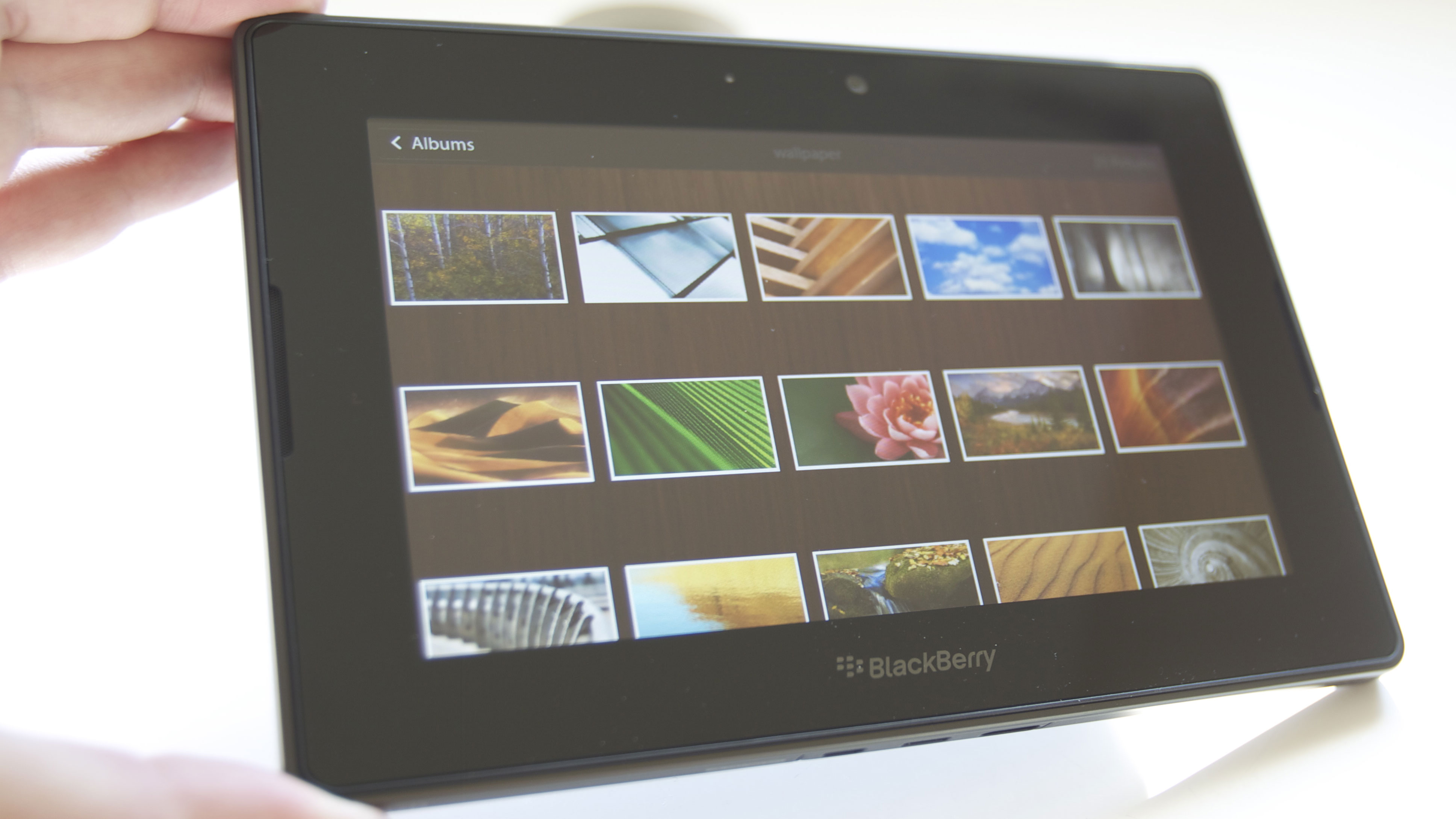Why consumerisation can help reduce costs and boost productivity
How to plan for a BYOD (bring your own device) workplace

Consumerisation or BYOD (bring your own device) are the new and fashionable terms for letting your employees use their own technology rather than something you provide at work. In principle it's a great idea and both sides should do very well; an incoming generation basically regards it as a human right that they should be allowed to use their own iPhone and iPad. The good news for the business is that you won't have to pay for an iPhone and iPad if everyone's going to use their own.
There are a few considerations before agreeing this idea on a company-wide basis. First, and most practically, you need to have a written policy in place. This should cover:
- What happens if a piece of equipment is lost or damaged? If someone is using their own equipment it might seem harsh to hold them to account if their own property is damaged – but you're now allowing your business to depend on it. You need to know what happens if there's a problem. This can include your own liability in terms of insurance – should you insure their mobile device?
- How is your confidential data stored? "On an Android tablet" isn't good enough any more. You need to be certain your data is safe, so: 1) You have to be able to wipe it if they leave the company, particularly if they join a competitor or if the phone is stolen or lost; 2) You need to be able to do this without wiping all of the personal data from their phone. If their holiday pictures are permanently lost because of your company's security, this could be a serious issue.
One possible solution is to adopt a cloud computing strategy, in which everything is stored on a service provider's server and people with phones, tablets and laptops link into it – and as it's all reached through a browser it will vanish from the user's device immediately it disconnects.
Creating apps to solve your business problem
There are technical support issues as well. The idea that everything is reachable through a browser is useful only if your information genuinely is accessible in this way; people with more complex technical requirements might find their information needs an app written especially for it. This is not impossible and it can be cost effective, however, depending on the size of your organization and the devices people have, you may find yourself commissioning apps for:
- iPhone
- Android
- BlackBerry
- Windows Phone
The other thing that will be necessary is to talk to whoever handles your technology, whether it's someone internal or someone external, and inform them that they will now be required to support people who are using any or all of the above in addition to the desktops and laptops for which they catered before.
For all that, there are numerous advantages to so-called consumerisation. It can be well worth implementing in your place of work for a number of reasons.
BYOD could save your business £1000 per employee
First, as has already been alluded to, the cost. Your workforce may be more efficient if everybody had a tablet computer, perhaps an iPad. If they all provide their own plus an equivalent smartphone, that could save your business around £1000 per head in IT equipment.
Are you a pro? Subscribe to our newsletter
Sign up to the TechRadar Pro newsletter to get all the top news, opinion, features and guidance your business needs to succeed!
Second, the amount of apps that can be downloaded for free and used on these devices will start to save money almost immediately. Most smartphones will allow for the download of the Skype app, for example. This will reduce your phone bill in the first instance and as you cut down on short meetings across different sites when people talk on Skype video or an equivalent instead, you will cut down on travelling time and possibly air fares. Service providers such as training companies might find they can access clients in territories they couldn't before, because remote briefings become possible.
Third, tailor-made apps for your business aside, your workforce using their own technology will arrive ready-trained. There will be no need to teach them how to use the system because they've already bought it and are accustomed to dealing with it in their private lives.
There are certainly issues. Policies need to be drawn up and you need to think very hard about how you legislate for what they do with their device during working hours in terms of personal use; you can hardly ban someone from using their own iPhone for a personal call or checking updates on Twitter. There is also the idea of apportioning the phone bill; some of it has to be the company's (although not as much as if you were buying a pile of smartphones on contract).
Given the savings, consumerisation can pay for itself very quickly. Just don't let anyone tell you it doesn't need a bit of thought beforehand.